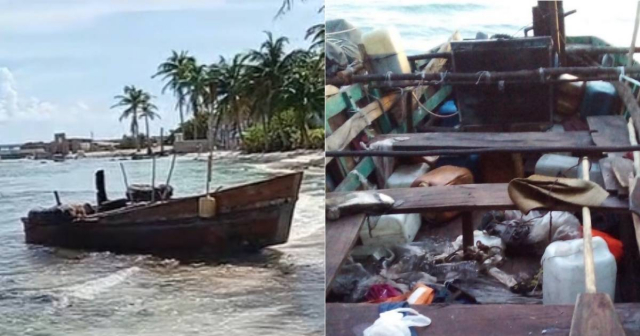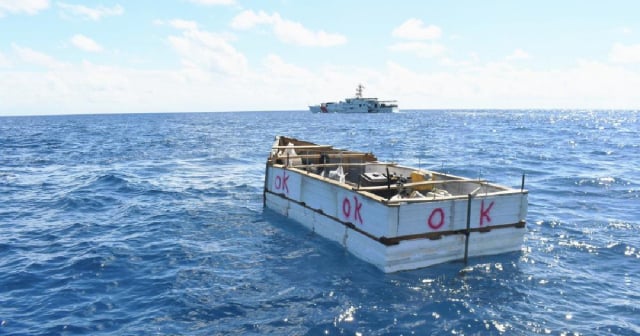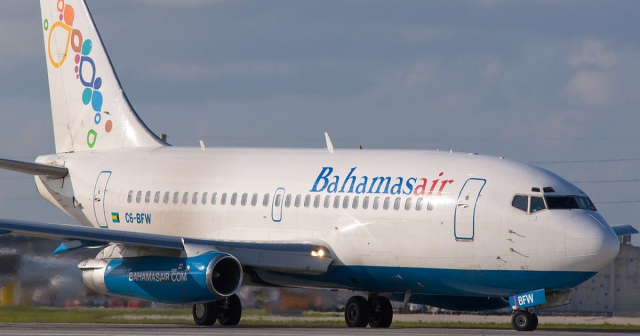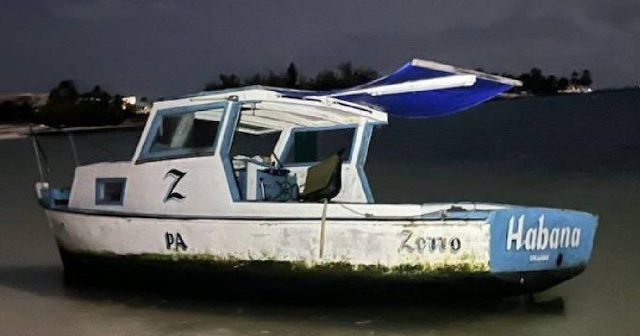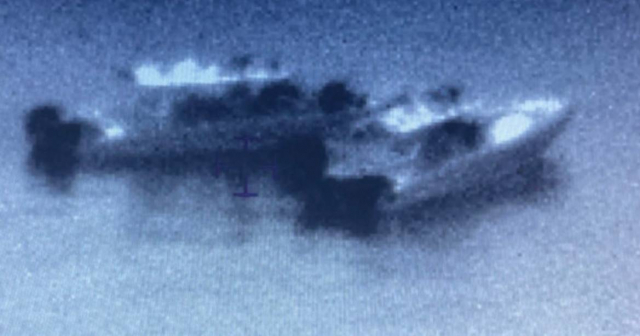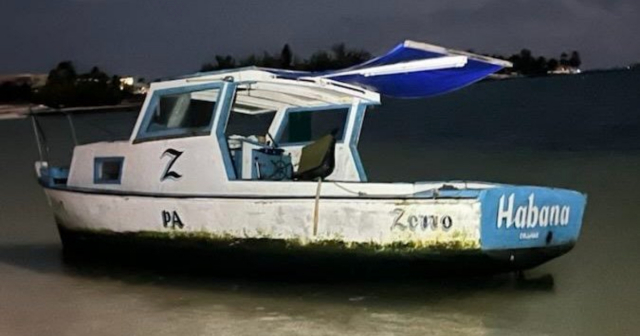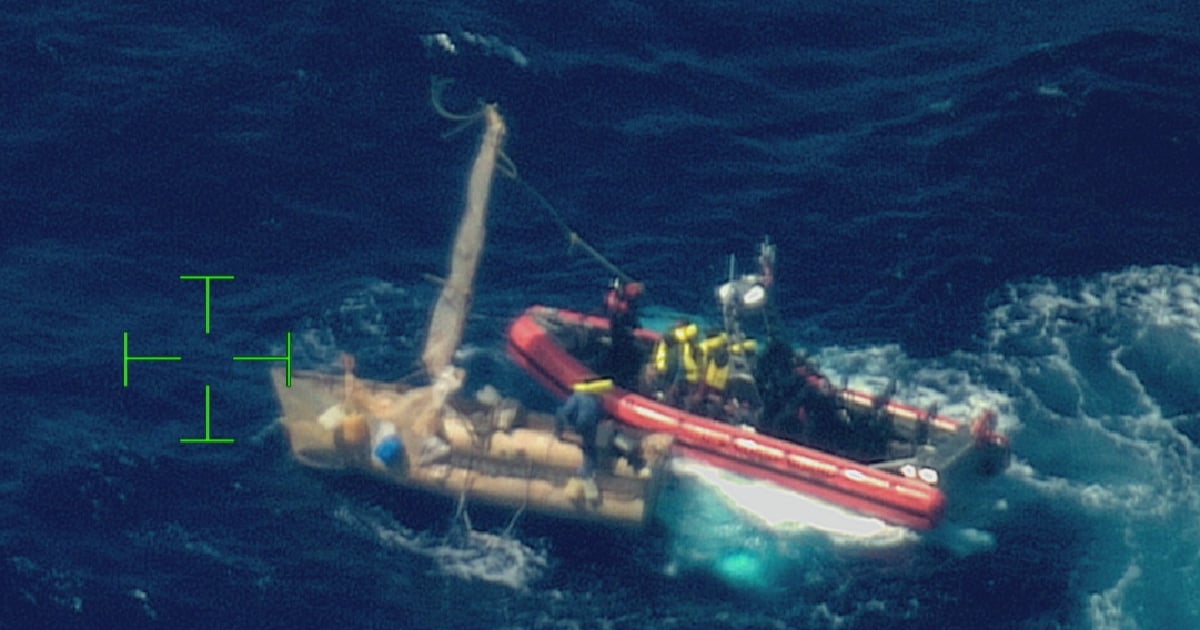
Three Cuban rafters were repatriated this Tuesday after being intercepted about 10 miles southwest of the Marquesas Keys last week, when the weather conditions in the area were extremely adverse due to the advance of the powerful hurricane Helene toward Florida.
A brief statement from the U.S. Coast Guard (USCG) reported this Tuesday the repatriation of three immigrants, who were transferred to Cuba by the crew of the patrol boat Charles Sexton.
Although the note does not specify the circumstances or the exact day of last week when the rafters were found, it is clear that they must have set out to sea amidst the advance of Helene, challenging the cyclonic swells, torrential rains, and relentless winds of the storm, putting their lives at risk.
Helene battered a part of western Cuba but was devastating in about six states in the southern United States, including Florida, where it made landfall as a category 4 hurricane.
The cyclone left more than a hundred dead, missing persons, and severe material damage in several states.
Last week, U.S. border authorities warned once again about the risks of making sea crossings in rustic boats, endangering the lives of their occupants at sea.
Precisely the previous Tuesday, the USCG repatriated 22 Cuban migrants after intercepting them in two separate operations south of the Florida Keys.
Days earlier, U.S. immigration authorities released several from a group of 43 Cuban rafters who landed on September 17 in Cayo Marathon. They were released with electronic shackles and an I-220A form, which allows them to temporarily remain in the country.
According to the renowned immigration lawyer Willy Allen, many migrants arriving by sea are processed and released under certain conditions, while others are deported.
The dangerous sea journey from Cuba to the United States has claimed the lives of at least 142 boaters by the end of August 2024, according to a report from the Missing Migrants Program of the International Organization for Migration (IOM).
In light of the precariousness of life and the lack of opportunities due to the acute economic crisis in Cuba, hundreds of citizens from the island continue to engage in risky migratory ventures, by sea or land, in search of a more promising future for themselves and their families.
What do you think?
COMMENTFiled under:

